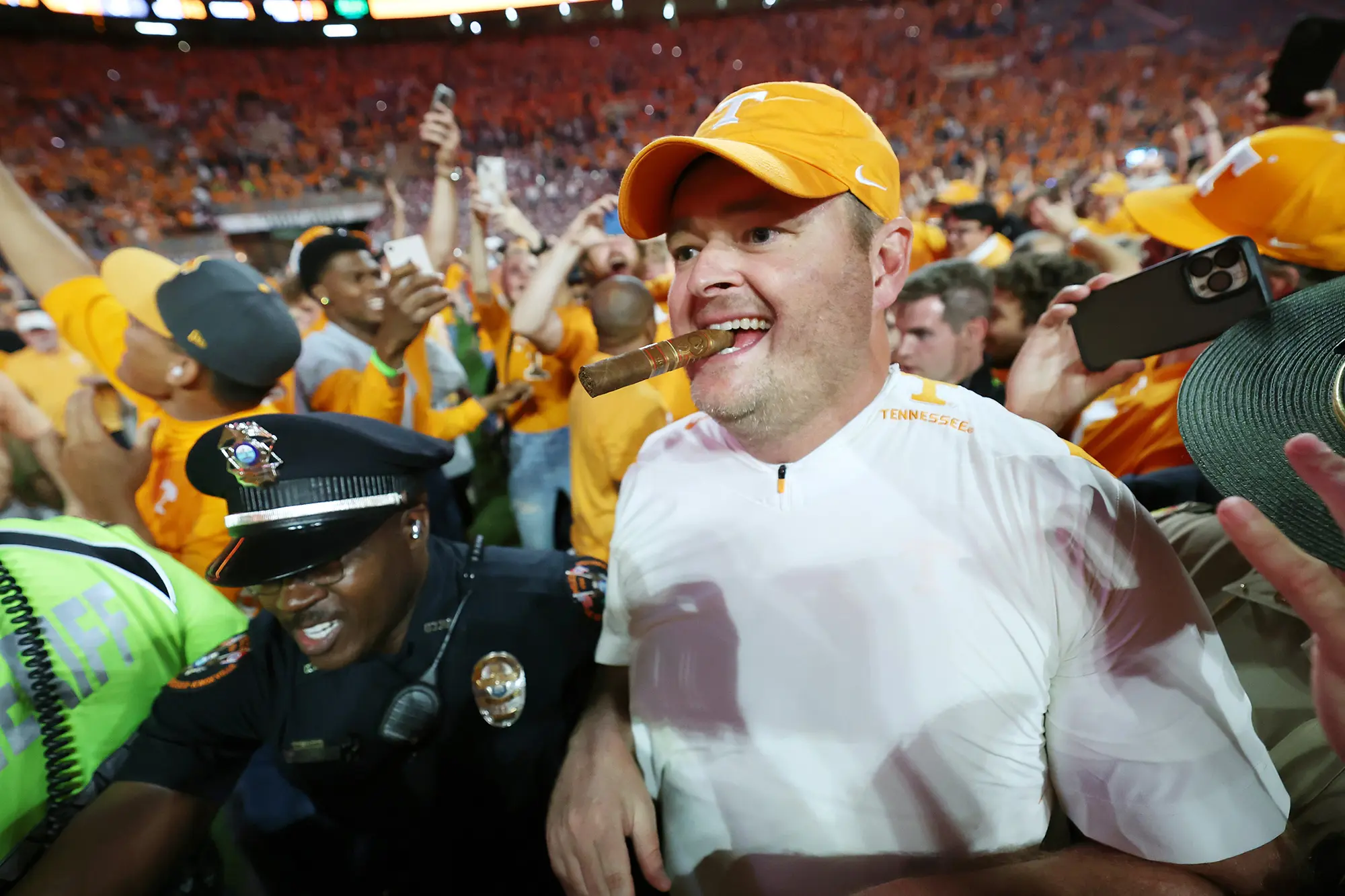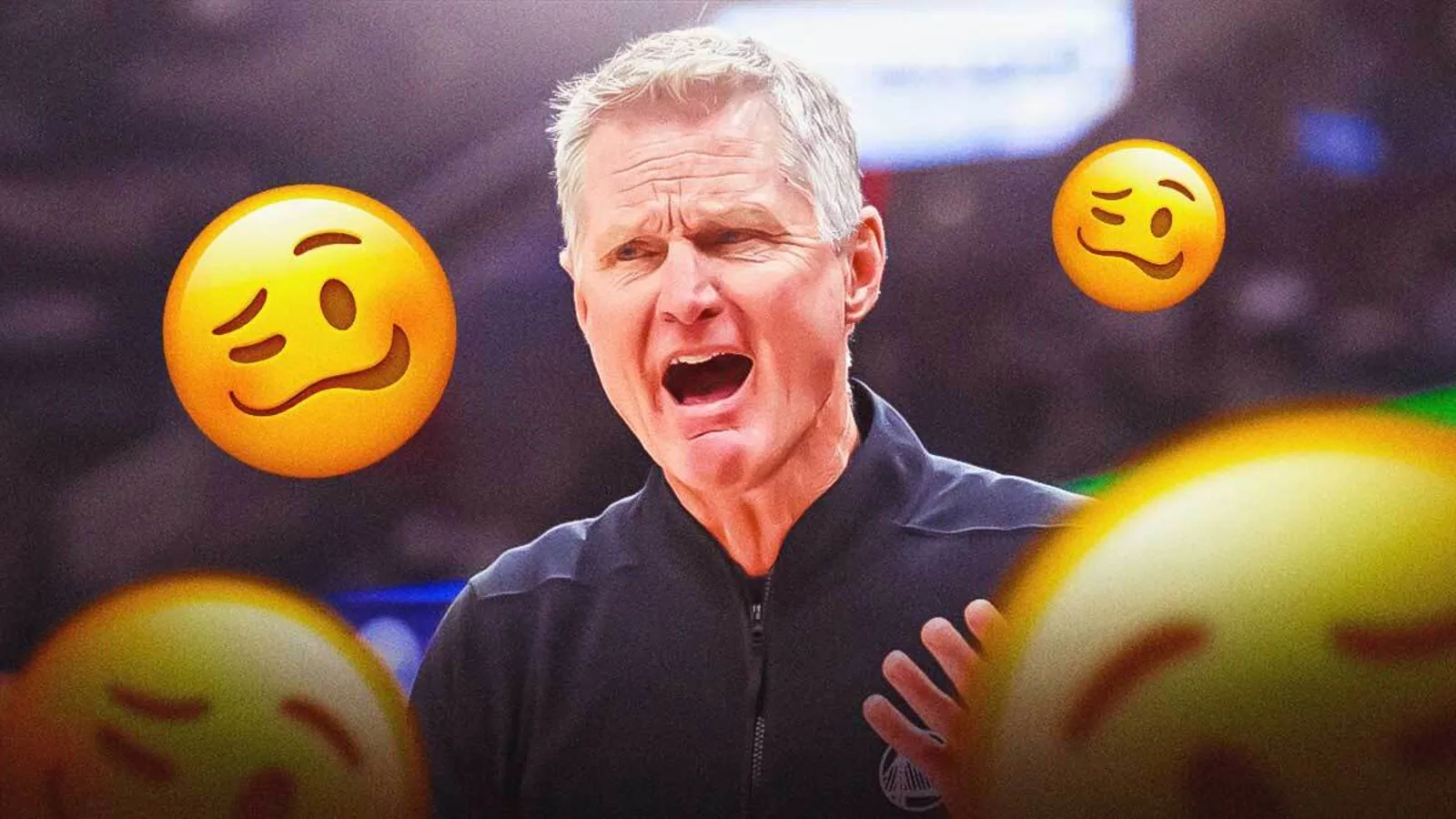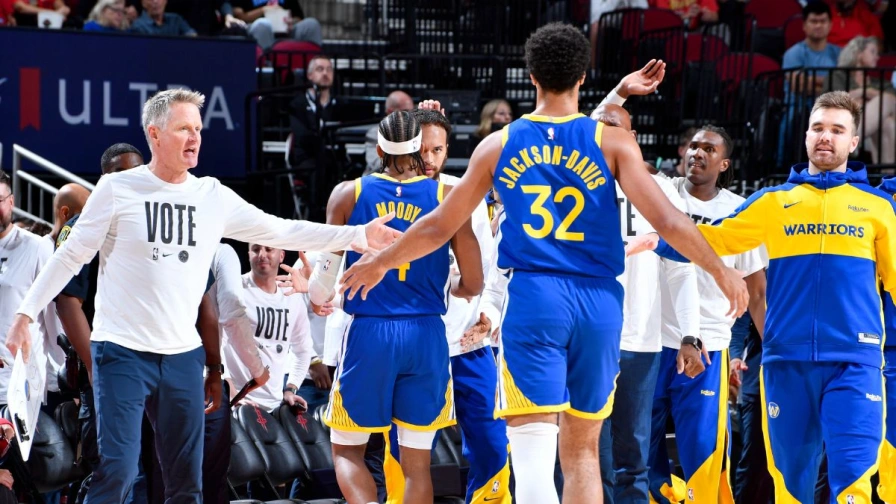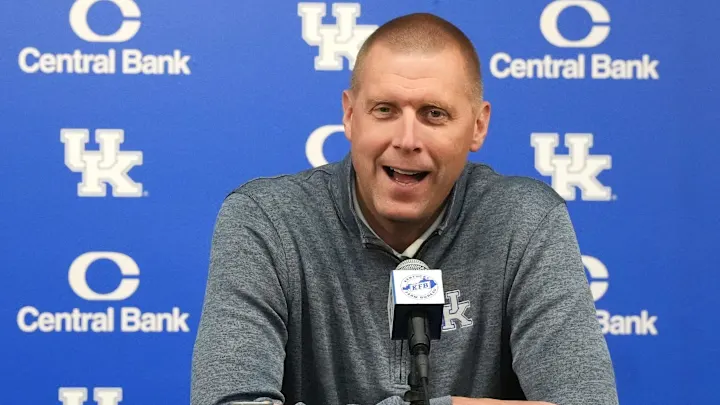Tennessee Volunteers head football coach Josh Heupel was fined $10,000 by the NCAA following an incident that occurred during a game in which he directed abusive language and outbursts towards officials. The fine stems from Heupel’s actions in a game that drew significant attention, both on and off the field. This event serves as a reminder of the expectations placed on coaches in terms of maintaining professionalism, both in the heat of the moment and in how they communicate with game officials.

The incident took place during a particularly intense game, where Heupel’s frustration with the officials seemed to boil over. Reports indicated that Heupel, known for his fiery demeanor on the sideline, was visibly upset with several calls made during critical moments of the game. As the tension mounted, Heupel’s behavior escalated, with multiple reports highlighting his use of foul language and abusive comments directed at the referees. This outburst was captured on video and quickly circulated on social media, leading to widespread scrutiny of his conduct.
The NCAA, which oversees collegiate sports, issued the fine as a direct response to Heupel’s actions, asserting that the behavior displayed was not in line with the organization’s code of conduct for coaches. NCAA rules mandate that coaches, regardless of the pressure they face during high-stakes games, must conduct themselves with respect and professionalism, both in their interactions with players and officials. The decision to fine Heupel also reflects the NCAA’s commitment to holding coaches accountable for their actions, especially when they set a poor example for athletes and fans alike.
Heupel, who has generally been well-regarded for his leadership and coaching prowess since taking the helm at Tennessee, issued a public apology following the incident. He acknowledged that his frustration got the best of him and expressed regret for the language he used. Heupel also assured fans, players, and officials that this type of behavior would not be repeated, emphasizing that he would work on managing his emotions more effectively in the future.

This fine is not unprecedented, as other coaches have faced similar disciplinary measures in the past. The NCAA has been consistent in its approach to maintaining the integrity of the game and ensuring that all involved—coaches, players, and officials—uphold a standard of professionalism. For Heupel, this fine represents both a personal and professional setback, but it also provides an opportunity for growth as he reflects on his behavior and strives to better handle moments of frustration in the future.
Ultimately, while the fine may sting, it serves as a reminder that even in the competitive world of college football, respect and decorum must prevail over momentary anger.













